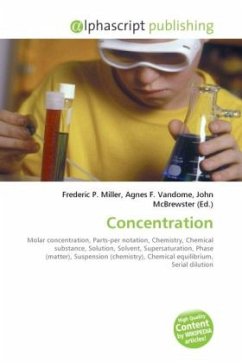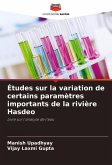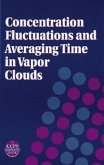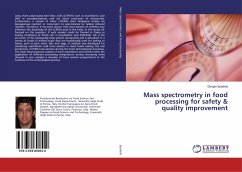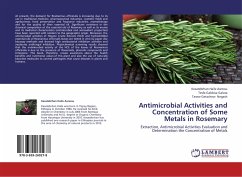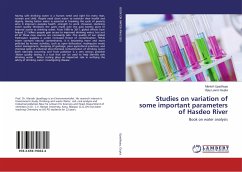In chemistry, concentration is the measure of how much of a given substance there is mixed with another substance. This can apply to any sort of chemical mixture, but most frequently the concept is limited to homogeneous solutions, where it refers to the amount of solute in the solvent. To concentrate a solution, one must add more solute (e.g. alcohol), or reduce the amount of solvent (e.g. water). By contrast, to dilute a solution, one must add more solvent, or reduce the amount of solute. Unless two substances are fully miscible there exists a concentration at which no further solute will dissolve in a solution. At this point, the solution is said to be saturated. If additional solute is added to a saturated solution, it will not dissolve (except in certain circumstances, when supersaturation may occur). Instead, phase separation will occur, leading to either coexisting phases or a suspension. The point of saturation depends on many variables such as ambient temperature and theprecise chemical nature of the solvent and solute. Analytical concentration includes all the forms of that substance in the solution.

